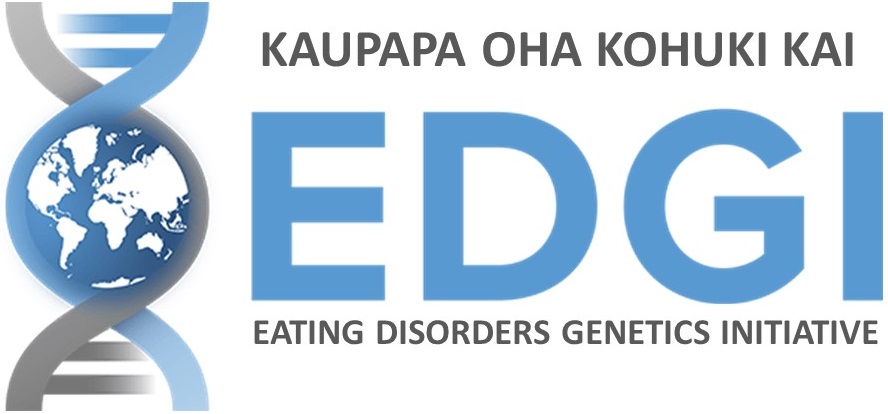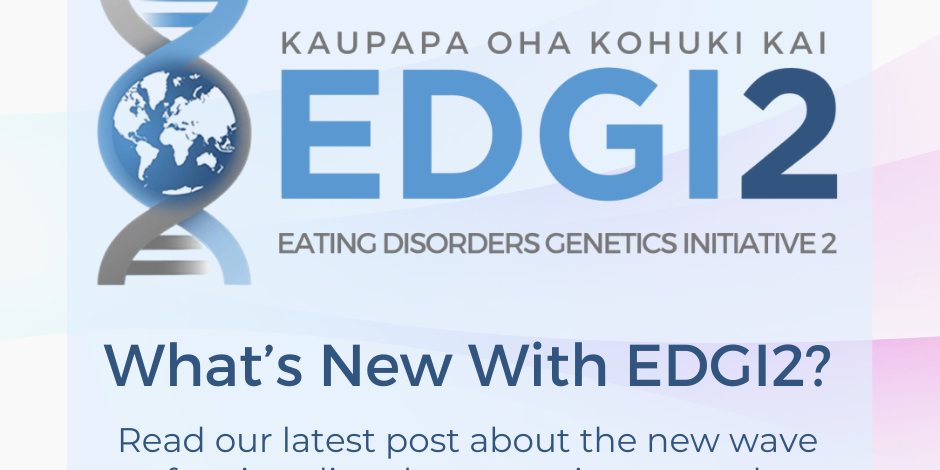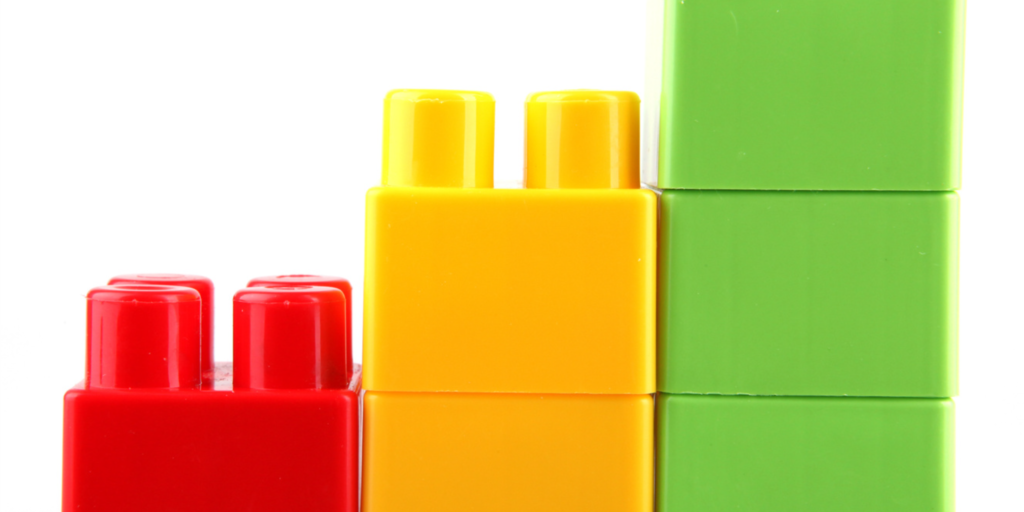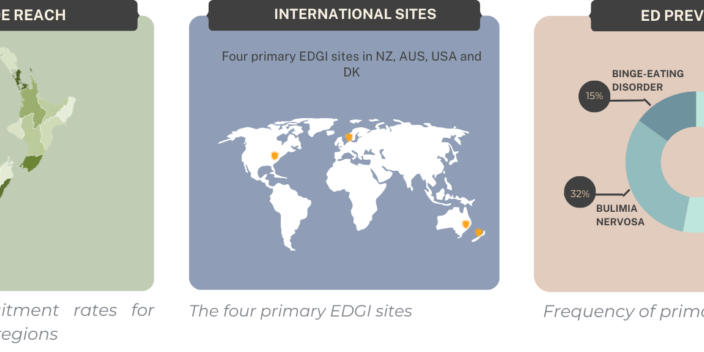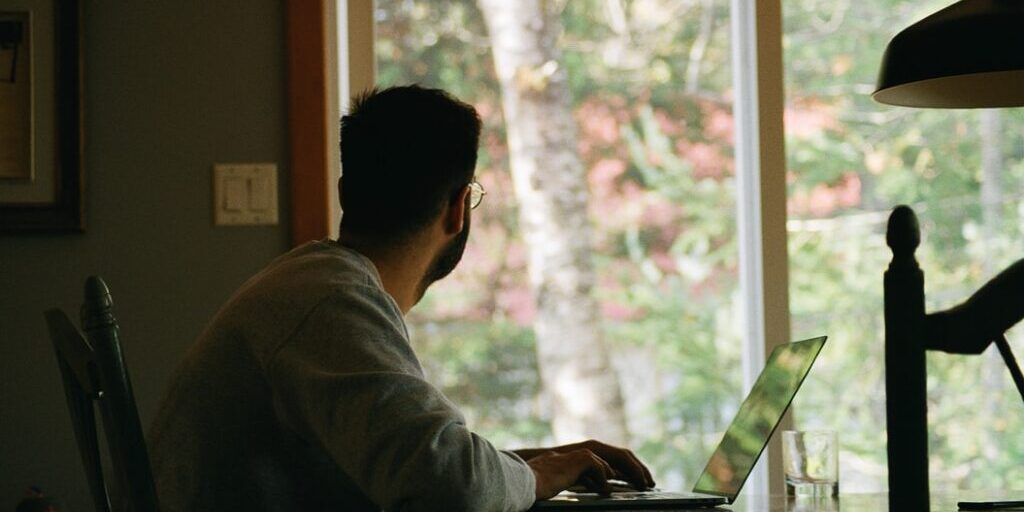“You have anorexia nervosa.”
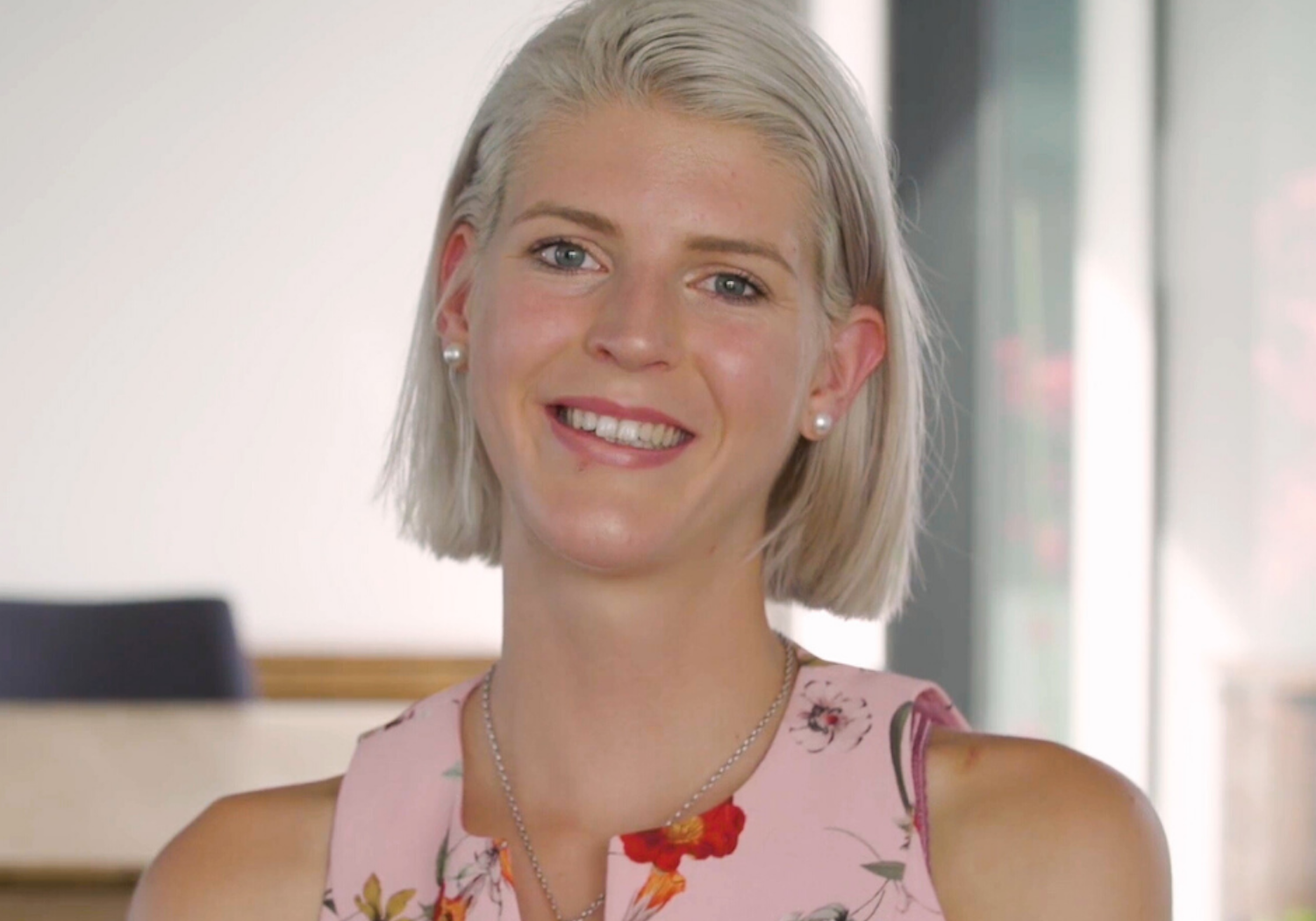
By Megan, 23, ‘Health navigator’ who spent eight years grappling with anorexia nervosa, CHRISTCHURCH
Four simple words. Words I never thought would ever be uttered to me. Words that almost eight years ago, changed my entire life. Words that I thought I could never come back from. Words that had me hysterical, confused, angry, distraught – and ultimately broken.
I thought that my anorexia was going to be a life sentence – forever stuck as the sixteen-year-old girl; unable to feed herself properly, or climb a flight of stairs without fainting, or see the true value and worth in herself and the endless potential she possessed.
Anorexia nervosa, while classified as an eating disorder, has a major ripple effect on an individual’s lives – your family relationships, friendships, schoolwork or employment, hobbies and interest, love life, sleep, and self-care are at an increased risk of being absolutely destroyed. As well as losing who “Megan” was, I lost the trust of my family, many friendships, was forced to complete schoolwork from home, and formed a life dictated by food rituals and obsessions. No longer was I living, I was merely just alive. The same impact goes for binge eating disorder, bulimia nervosa, ARFID, and other eating disorders – while the disorder itself centres around food, weight and body shape; the impact and destruction transcend this.
There is a reason why eating disorders have the highest mortality rate of any mental illness. The allure of anorexia had my brain in a fog, clouding the raw realities of an eating disorder with harassing internal conflict and thoughts of starvation, endless body checking, and a deep desire for control. I was blinded by the realities of what my disorder was doing to my body, shutting down my organs slowly and shrinking them in size to conserve energy, becoming amenorrheic (ceasing menstruation), losing my hair, growing a fine layer of fuzzy hair across my entire body, fainting and dizzy spells, and enduring several blackouts.
That is the reality of an eating disorder. Not glamorous, nor done for attention-seeking; but rather a soul and body destroying disorder that came so close to taking my life.
Flash forward almost eight years, and I have been through every stage of recovery and relapse, and almost every traditional therapy offered. I spent more than five years in specialised eating disorder treatment, including weekly psychology and nurse appointments and four admissions to the inpatient unit – one of which was involuntary, where I my parents signed me over to the care of health professionals under the Mental Health Act; care that included a nasogastric feeding tube. I hit rock bottom several times, mentally and physically.
Recovery was far from the steady and linear climb to wellness that I thought or hoped it to be, but rather a rollercoaster of eye-watering lows, and breath-takingly freeing highs. With the help of the amazing staff at the Unit and Specialist Service, my family unit and few close friends, but most importantly myself – I was encouraged to slowly and surely rebuild and recreate my life from the ruins that my anorexia, depression, and anxiety left.
My real recovery didn’t truly begin until I was twenty-one, when I realised that it was up to me to make my life worth living, and I was absolutely tired of being the sick and tired one. I retrained my brain to turn once maladaptive behaviours into adaptive ones that were conducive to a positive wellbeing. I owned my past and the struggles and turbulence I had endured, using this to accelerate myself toward the life I wanted to lead. A way of living I was entitled and destined to have.
Becoming open and honest about my past struggles to others began my passion for mental health and helping others to see the beauty and worth in themselves. I now work as a Health Navigator – working with vulnerable people to overcome their health barriers and personal issues, take charge of their own lives, and improve their overall wellbeing and enjoyment in life.
Looking back, there were a lot of signs that I would potentially develop an eating disorder. I was an incredibly shy and self-conscious young girl and a perfectionistic and overly critical of every action and inaction teen. I lead a life dictated by others and desperately seeking control of an otherwise perceived uncontrollable world. My genetics, personality, and accumulative environmental events triggered my disordered eating habits to “blow”, turning into full-blown anorexia nervosa.
The Eating Disorder Genetics Initiative, EDGI, creates the opportunity to understand the biological and genetic components that can predispose someone to an eating disorder. This then gives rise to the chance of identifying those at potential risk of an eating disorder and can enable preventative supports to be provided to such population to decrease the number of people that end up with an eating disorder and the sheer trauma and horror this brings. The EDGI study can save lives of future generations – my children, grandchildren, nieces and nephews could never know the struggle of an eating disorder like mine if they are identified as genetic carriers for the illness early on.
Taking part of this study and sharing my story to promote the EDGI study was an absolutely no-brainer and honour to be a part of. I was given this platform and opportunity to speak to people across Aotearoa; letting others diagnosed know that there is no shame in their struggles, encouraging those diagnosed to use our pasts for the benefit of our futures, and educating our wider population that eating disorders are not a cry for attention and that recovery is not as simple as “just eating it”.
Looking back, I no longer see those four words, “You have anorexia nervosa” as the life sentence I did at sixteen, but rather the first opportunity in my life to be real, honest, and recreate a life for myself that I desired and longed for.
To you, reading this right now – I have two things to tell you. The first being, never be ashamed of your past and feel the need to hide this – owning who you are and where you have come from is one of the most liberating things you can and will ever do. Secondly, if you get given the opportunity to use your past struggles in a positive way – take it! Speak up and share your story with others and participate in studies such as this where you become one of the crucial components and key to saving lives.
I want to look back on my life and know that I did everything I can to live my life to the fullest and took every opportunity to help improve my life, and the lives and potential lives of others. This study gives me the opportunity to do this; so will you join me?
News
Participant Stories
Sorry, we couldn't find any posts. Please try a different search.
